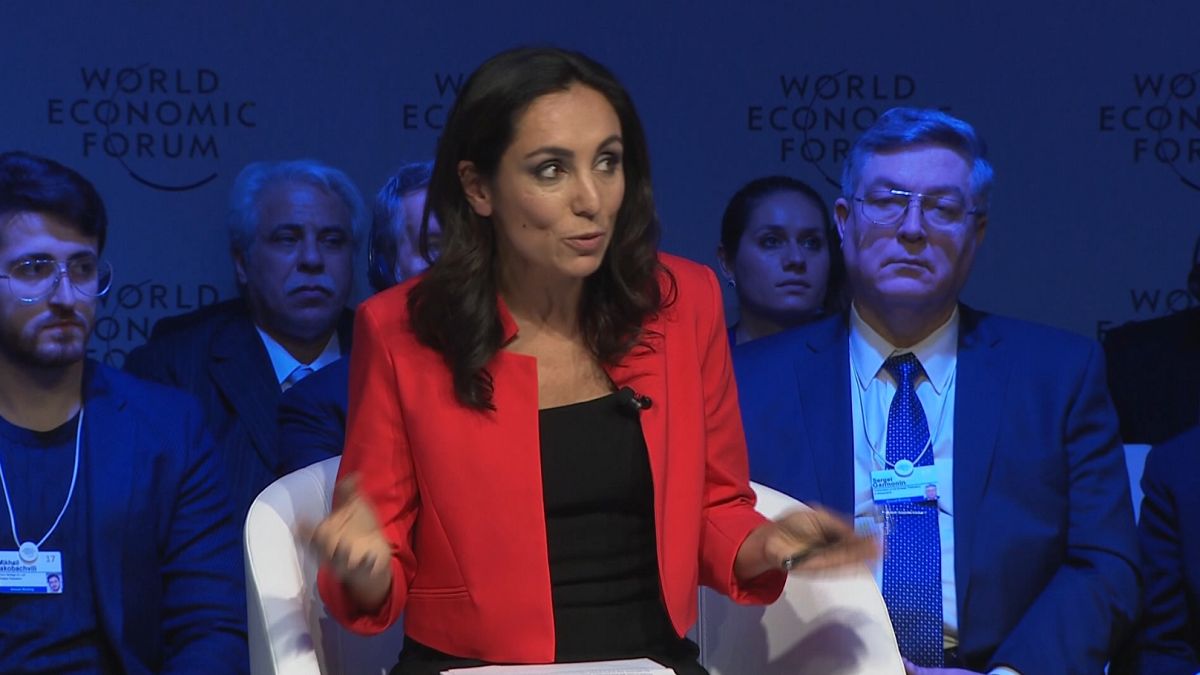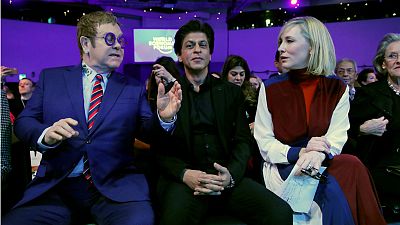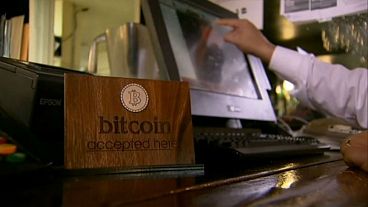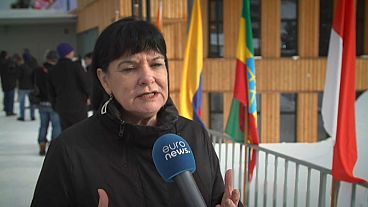A breakdown of the issues covered as Euronews moderates a Davos discussion addressing topics including migration, populism, the French-German axis and Polish judicial reform.
Across the EU as a whole, economic growth is up and unemployment is down but there are a number of threats that could encroach on this moment of relative calm.
On the agenda of Euronews' special panel at the World Economic Forum in Davos, Switzerland, were a number of these issues including populism and migration, among other subjects like the German-Fench axis and Poland's judicial reforms.
You can watch the full discussion in the player above,
On the panel:
- Mateusz Morawiecki (Poland’s prime minister)
- Ursula von der Leyen (Federal Minister of defence of Germany)
- Bruno Le Maire (France’s finance and economy minister)
- Angel Gurría (OECD’s secretary-general)
- Maurice Lévy (chairman of the supervisory board at French PR company Publicis Groupe)
- Isabelle Kumar (Euronews' moderator)
The German-French axis
On the subject of German-Franco relations, one Dutch audience member told the panel that voters from his country may feel underrepresented in the EU, especially after Brexit.
Bruno Le Maire, France’s finance and economy minister, told him "not to have any fear," that the Franco-German friendship is an "open friendship," that was not for the sake of the two countries concerned but for the whole of Europe.
French PR chief Maurice Lévy also believes that Europe is being steered better now that France is more involved in its future direction.
A united Europe
When pressed on Poland's political integration Prime Minister Mateusz Morawiecki, he referenced post-World War II politics calling Western Europe "very lucky to be on the right side of the iron curtain compared to Central Europe, which was not so lucky".
He said he thought political cooperation could come via doors opened up by economic contact.
"Forgetting about history is easy, but it's unjust," he said, "but if we bear this in mind ... I think it's also possible to further integrate on a political level."
Bruno Le Maire said he shared the Polish PM's optimism, saying many nations are waiting for Europe to be stronger in the face of China's booming economy and the US looking out for its own interests on the global stage.
"We need Europe to become an economic continent ... with our own rules, with the capacity to defend our own interests, with the capacity to defend our defence interests," he said.
Later in the discussion, Le Maire added that "common rules" were necessary to keep Europe unified.
Migration
When asked if it was a mistake for Germany to let in one million migrants Federal Minister of Defence Ursula von der Leyen, answered directly: "No, it wasn't."
"No person is born criminal because of being from a certain ethnicity," she responded to a question from a member of the audience from Munich who said she was afraid of groups of mail migrants that were present in the city.
Von der Leyen said the crucial issue was to address integration via immediate access to language training and potential access to the labour market.
Adding that Germany took a firm stance when it came to the rule of law, with those who abided by the country's rules being welcomed and those who did not "have to leave".
Populism
Polish PM Mateusz Morawiecki described growing inequality as "the elephant in the room" when it came to populism.
He said his government was "quite happy that some populist movements were kept at bay", stipulating the issues that needed to be addressed were "solutions for the few and not the many," like financial tax havens.
Bruno Le Maire had a cautionary word:"We should never forget that populism, extremism is at the gate of every European country."
His remedy to this threat was "leadership," reasoning that people were looking to European leaders to make strong decisions and to improve their everyday lives in terms of jobs, education and security.
"If we are not able to show that the European construction gives some positive outcomes for citizens, it will be the end of Europe," he concluded.
'Brand Europe'
A more light-hearted moment in the discussion came as Maurice Lévy advocated the EU, listing its positive points, to which Bruno Le Maire quipped that Lévy "should be the president of the European Commission".
Earlier in the debate Lévy said that the "Brand Europe" had been damaged by politicians from various countries saying Brussels was restricting them, giving rise to resentment.
Judicial reform in Poland
France and Germany both supported Brussels in launching Article 7 against Poland because of judicial reform.
On this matter Bruno Le Maire said the EU had to remain unified against threats like populism but also "defend its common rules" and that rule of law was "not negotiable" within Europe.
Mateusz Morawiecki said there needed to be a better understanding of what his government was trying to do.
"What I can guarantee you is that after the reform, our judiciary system is going to be much more independent, much more objective, more transparent and more efficient."
He also said Poland had based elements of the reforms on examples and procedures from other European countries.
Euronews' extensive coverage in Davos continues throughot the World Economic Forum.



